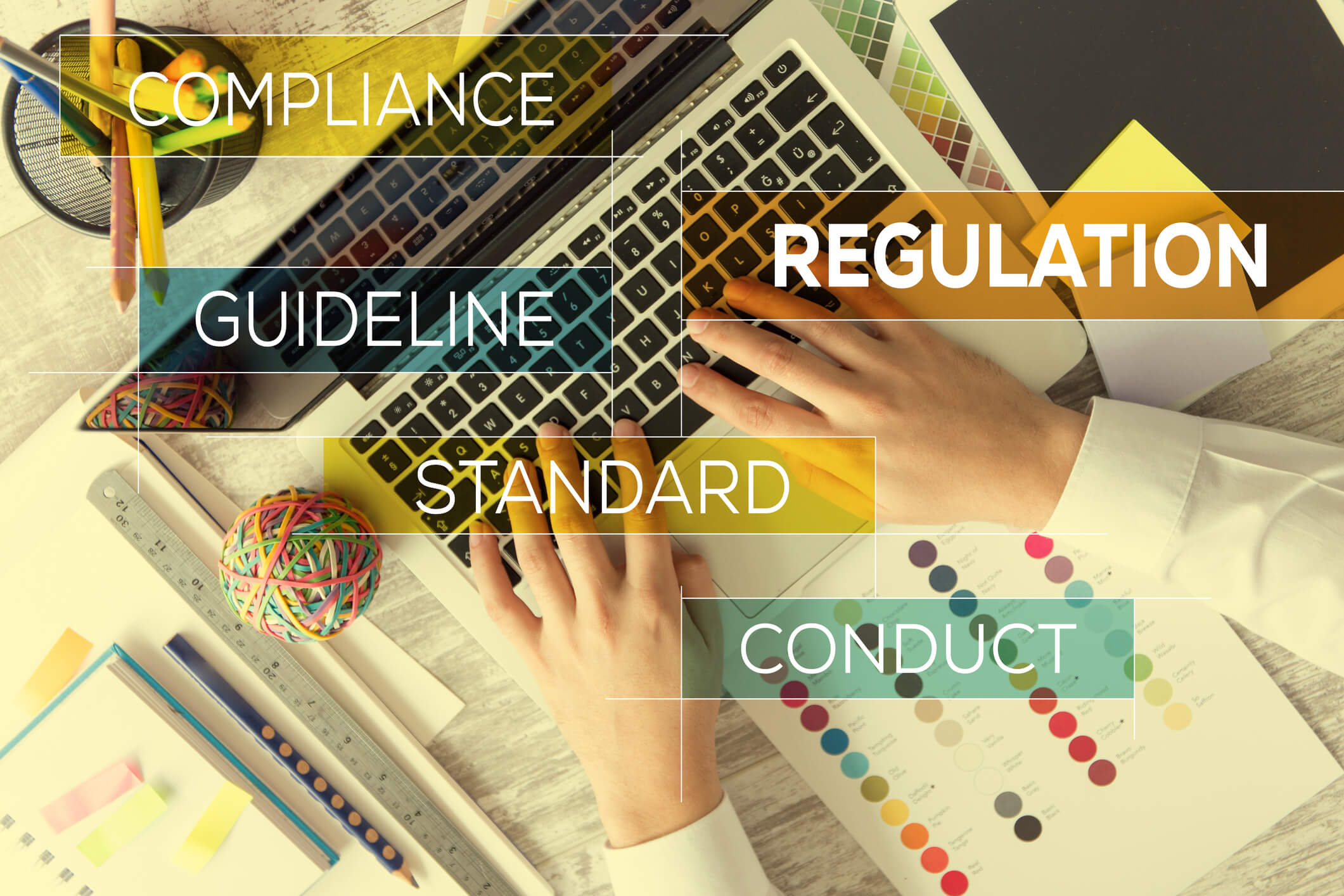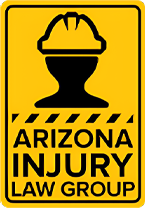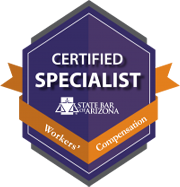Does Your Arizona Employer Have the Right to Request Medical Information from You?

When an employer is paying the bills for your medical care for a job-related injury, there is information that you must provide to that employer when requested. However, it can only be information that is related to the current situation and not information from previous illnesses or injuries, unless tied to the present condition. Here are several examples of such situations.
OPIOID PRESCRIPTIONS AND TREATMENT
If a worker had an accident and the doctor put the patient on a pain-relieving opioid prescription, the employer can request information from the doctor about the treatment as well as any work accommodations the doctor has recommended. For example, a doctor can provide the patient a letter for work that recommends light duty, such as no heavy lifting or standing for hours without breaks (5-10 minutes per hour).
The worker may also be taking prescribed opioids and may not be allowed to drive as part of work duties. Opioids can affect driving skills for some patients, and such a situation could be dangerous for the employer if allowed to continue.

Another accommodation would be that the patient must attend regular physical therapy sessions two or three times a week which occur during work hours. Employers can speak with the doctors to find out more about the accommodations. The employer has the right to temporarily move the worker to another more suitable position during the recovery period, based on what the doctor said.
An employer may also determine that the worker should not come back to work until a certain level of recovery has been achieved, an outcome that has been discussed between the employer and doctor. The employer may give the doctor information about what the worker faces while on the job, such as what equipment the worker uses, regular access to any harmful substances, and current safeguards at the workplace.
CIRCUMSTANCES SURROUNDING A COVID-19 INFECTION
For Arizona employers with more than 10 employees, employers must evaluate each case of COVID-19 infection at their workplace. If the infection is found to be work-related, the employer must log the information into the Occupational Safety and Health Administration (OSHA) 300 log, which is supervised by Arizona’s Division of Occupational Safety and Health (ADOSH).
The worker is questioned by the employer about the circumstances surrounding the infection to determine if the case is work-related. Typical questions the employer can ask are whether there is anyone else at the worker’s home who also has the virus and where the worker thinks the virus was contracted if not from home. The employer may also ask if the worker went anywhere new from the worker’s regular habits (i.e., grocery store, gas station), such as attending a mass protest gathering.
If there is more than one infection at the workplace, then the infections are automatically considered work-related and must be noted in the OSHA 300 log, as per federal regulations. If a worker who does the job in a solitary place contracts the virus but does not connect with other workers, and there are no other current infections at the business, then the infection would not be considered work-related and is not noted in the OSHA 300 log. Be aware that if a COVID-19 case is seen as not work-related, it is unlikely that workers’ compensation benefits will be approved.
CONCLUSION
COVID-19 and the resulting challenges for everyone have created fluid situations where regulations must be changed from time to time as new information about the virus is uncovered.
If you have contracted COVID-19 and believe you acquired it while on the job, call Phoenix workers compensation attorney for a free consultation if you are facing a denial from your employer. We are here to help. 602-346-9009.
Get Help Today
Call Immediately For A Free, No Obligation Consultation And Let Us Help You Put Your Life Back On Track. Let Us Help You
Regain Normalcy And Stability Again. We Want To Help You Get The Benefits You Need And Deserve!


